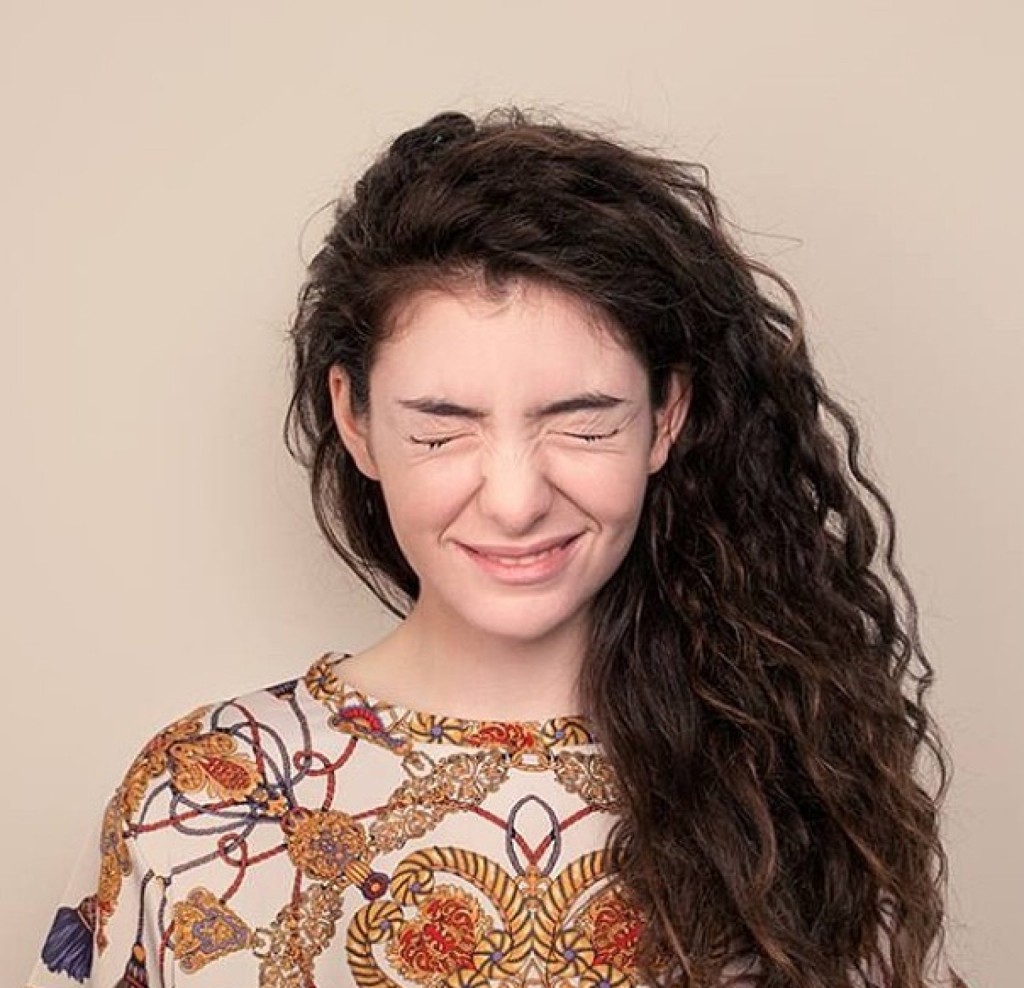
If you need solid proof that there’s no boundary between the mainstream and the alternative, look no further than Lorde. The 16-year-old New Zealander is primed and ready to take over the world with her smart brand of pop, which is just as inspired by Nicki Minaj and Kanye West as it is by Grimes, James Blake and Burial.
Lorde, a stage name for Ella Yelich-O’Connor, was born in the heyday of Al Gore’s “information superhighway” and shamelessly attached to the Digital Age. Critics seem to perceive the young pop star’s age as a sign of precociousness when she’s merely more adept than her elders at absorbing information and forming an opinion. “Royals,” the internationally acclaimed hit that’s besting Katy Perry, Miley Cyrus and Lady Gaga on global charts is Lorde’s grand statement. Other than its catchiness and simple beauty, the track is special because it’s relatable on so many levels. And as 2013 slips away, fourth quarter album releases should be shaking in their boots—Lorde’s debut “Pure Heroine,” the decade’s first realist pop album, is sneaking in through the back door.
A quick Google search of Lorde yields a limited number of head shots that all display her regal curls and piercing gaze, but never try to shock with outlandish outfits or controversially sexual poses. She’s presenting herself as a lucky girl whose talent isn’t necessarily extraordinary, but on the same level as millions of others around the world who desire recognition every day.
“I think doing well in this industry is a lot of talent and hard work, but also luck,” O’Connor explained to Alt. 98.7 last month. “Maybe I just had a good mix.” Thus, Lorde is all about the rise of a middle-class girl into the upper echelons of stardom and fame. The only difference between this project’s rags to riches story and so many others is that O’Connor never forgets where she’s from and what she stands for.
On the lean, gorgeous “Royals,” she’s paying homage to just that — a notion that most popular music, be it rap, pop or country, narrates a set of impossible lifestyles. “Jet planes, islands, tigers on a gold leash: we don’t care,” she sings, opting for a life of blissful boredom that’s elaborated on fully throughout “Pure Heroine.” She’s embracing middle-class pride and throwing out the boring trends of opulent radio pop, and in doing so, has instantly become one of our generation’s best realists. The platform she’s been given by Universal has become her arena to address her generation’s cultural problems.
“Royals” is inescapable right now because it represents 99 percent of the world, filling a gap in popular music that relates to socio-economic status and not to body shape, debauchery or apocalyptic, YOLO lifestyles. Furthermore, its minimal approach is unmistakably poignant, showcasing O’Connor’s smoky vocals and magnifying her lyrics instead of pumping the listener’s adrenaline up with high BPM.
Ultimately, Lorde’s rise this year is a product of an international recession, a rise in collectivity through social media and a universal frustration with the normal characteristics of what is deemed “mainstream.” It seems perfect and right, then, that a voice of the new generation who’s young and smart should be the one to attack and transform them. “Royals” and “Pure Heroine” in its entirety are the new standard for pop realism in the present, allowing the stories of the suburbs and the plight of the middle class to deserve just as much air time as all the Grey Goose, Maybachs and gold-leashed tigers.


